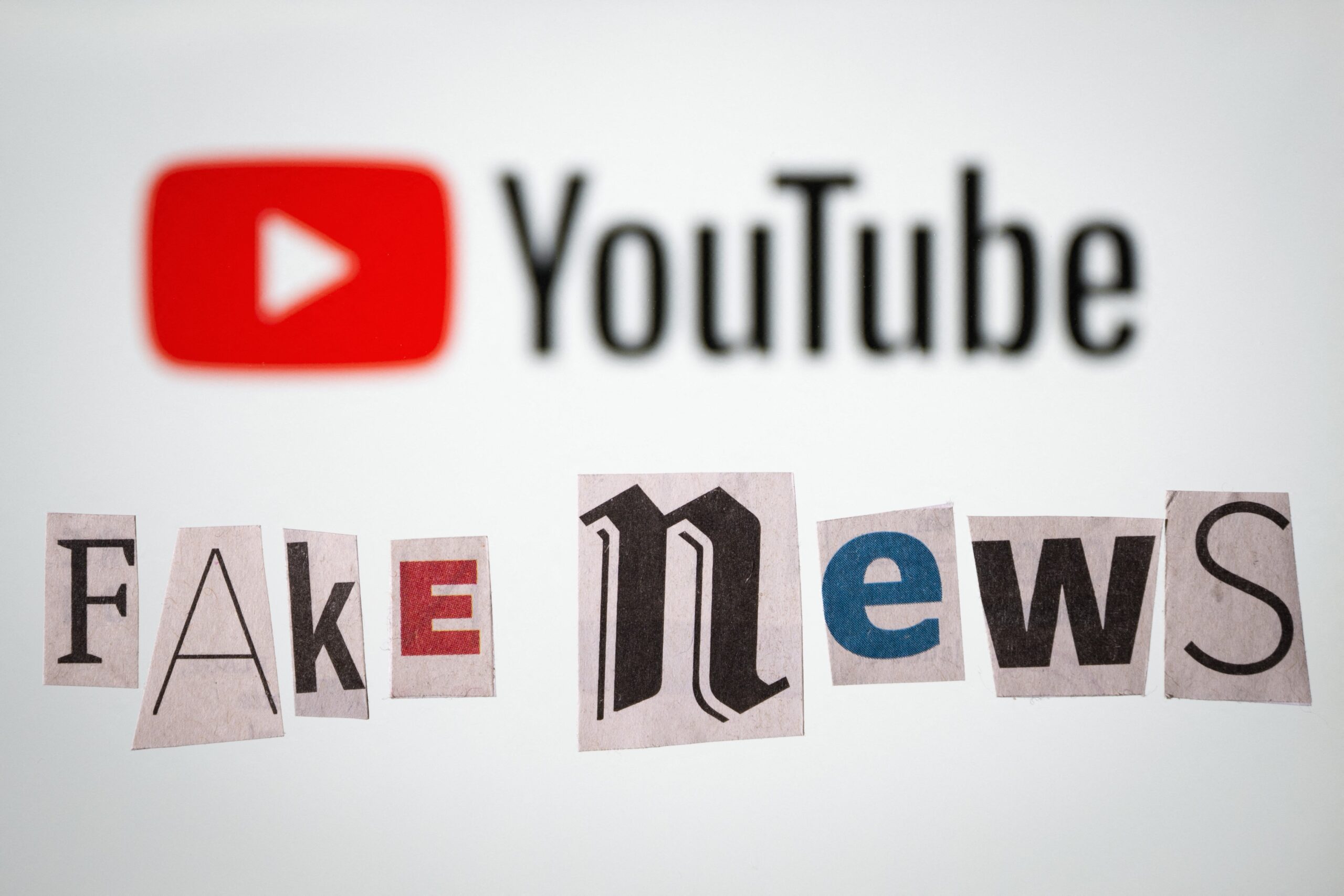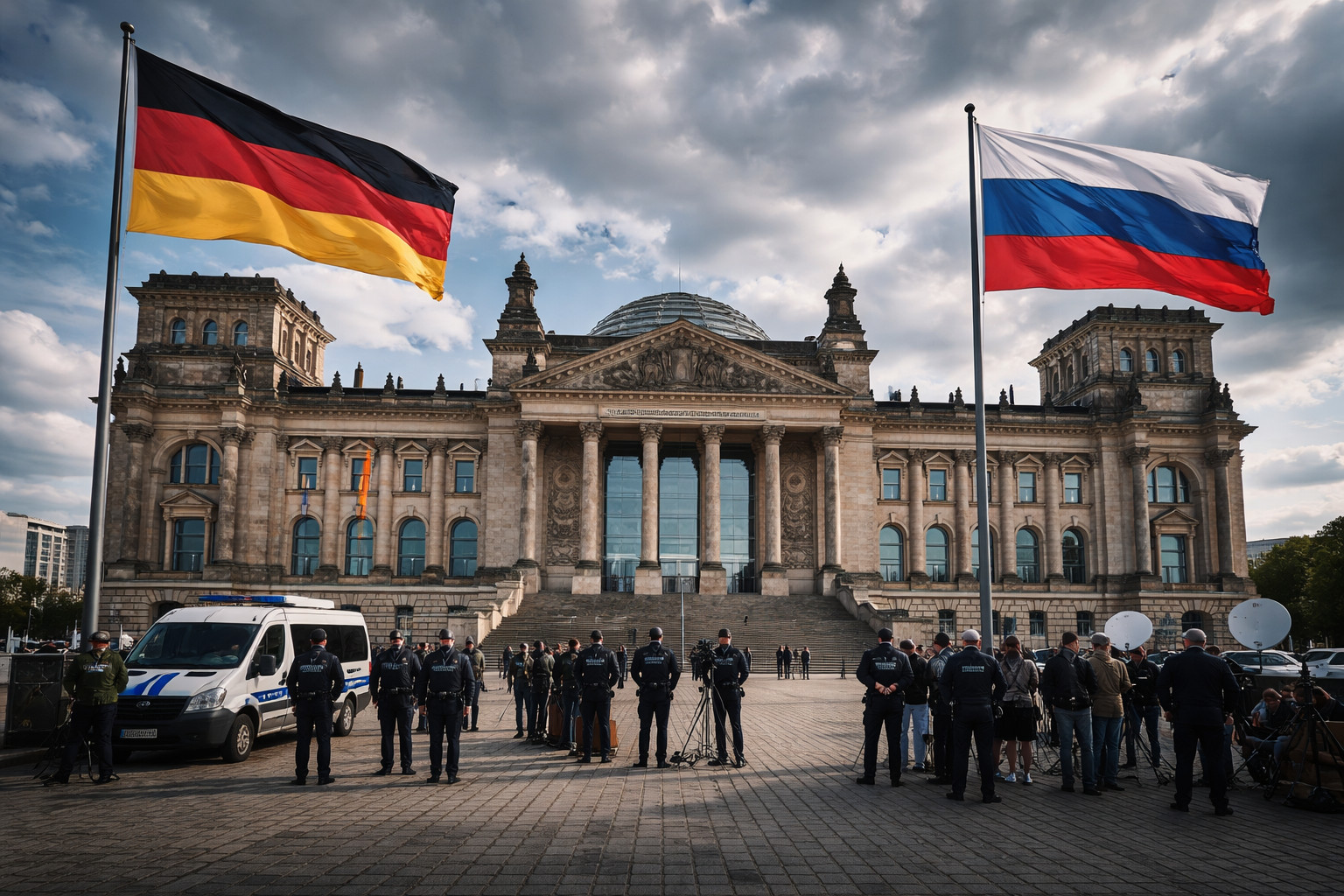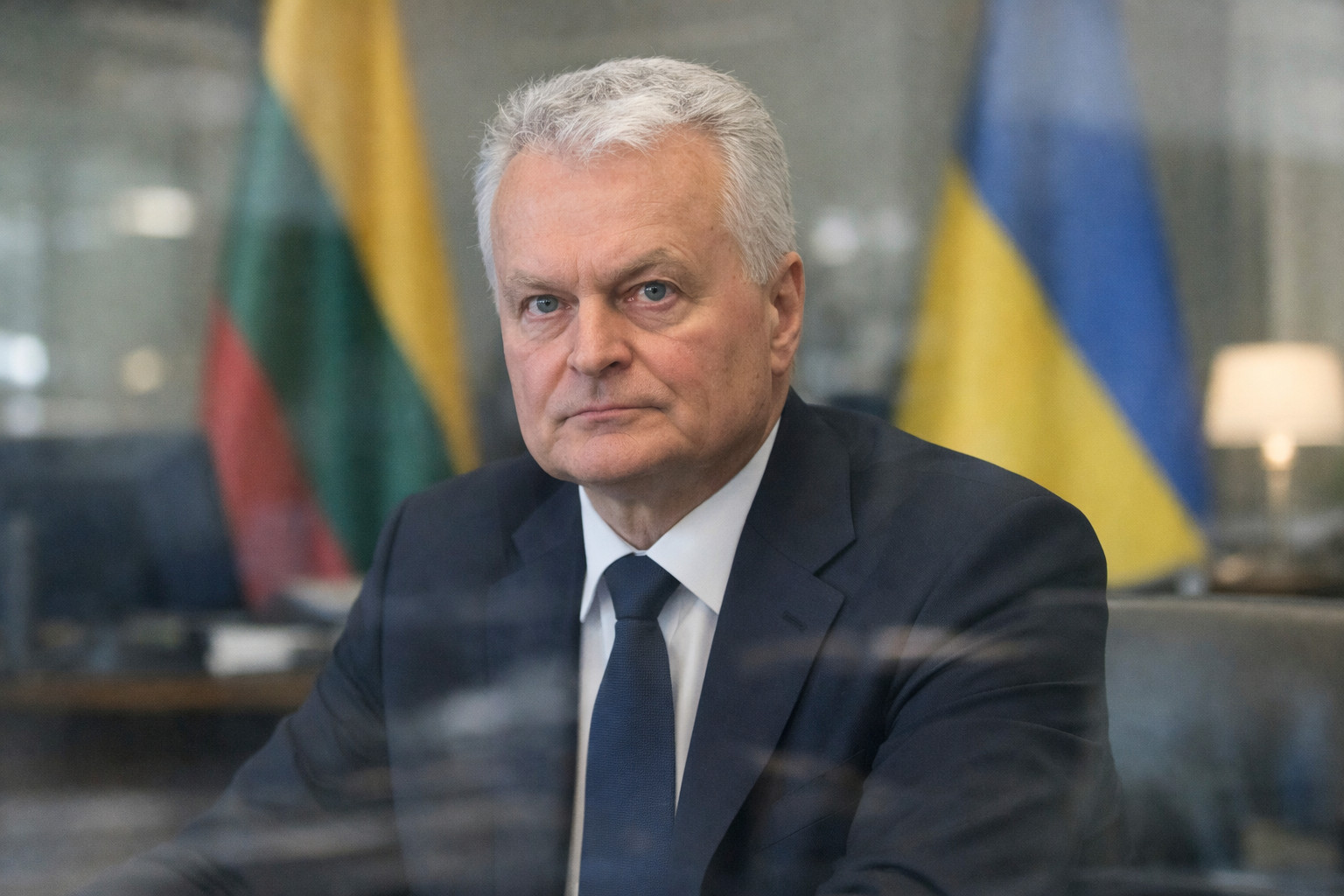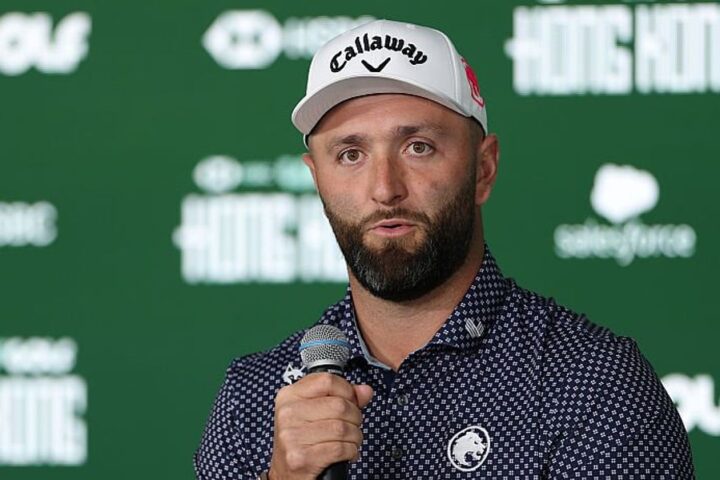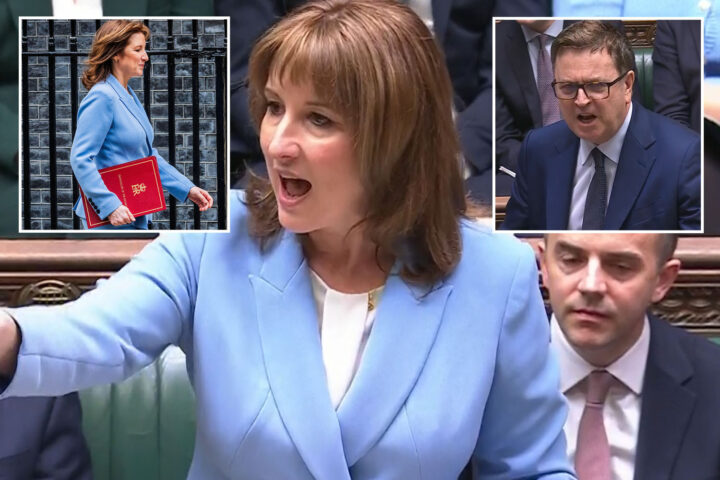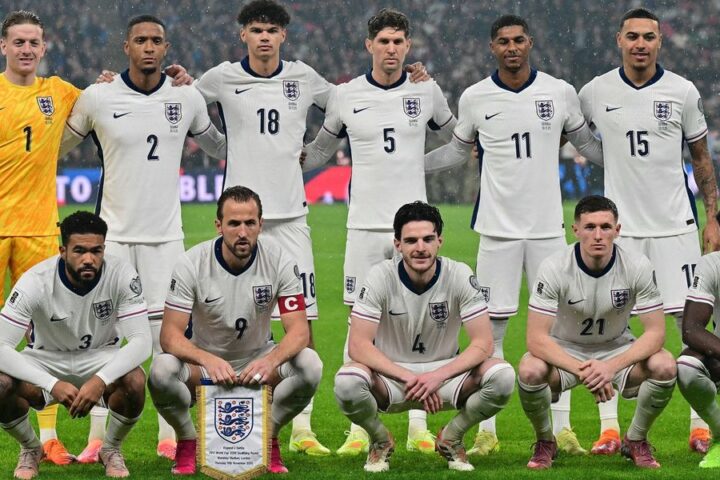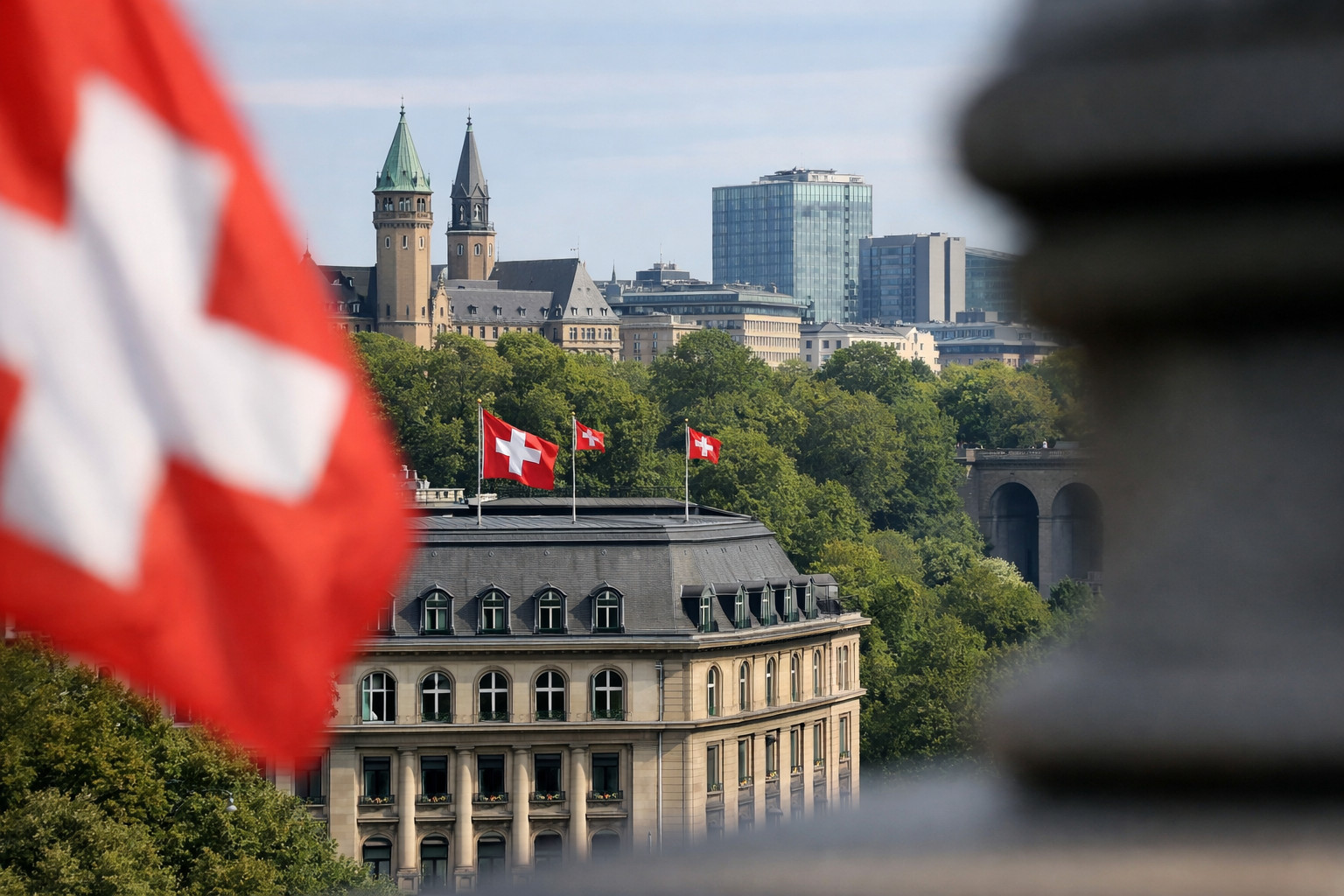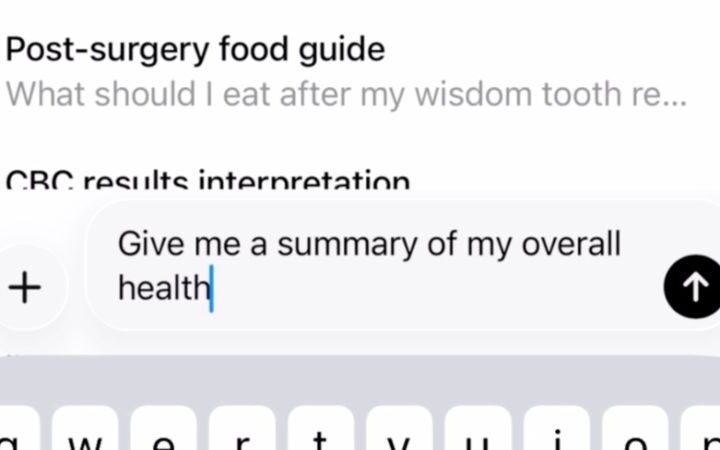In the second quarter of 2025, Google deleted nearly 11,000 YouTube channels and other accounts linked to propaganda from Russia, China, and other countries. Among these, more than 2,000 Russian-affiliated YouTube channels were blocked as part of efforts to combat disinformation.
Google TAG targets coordinated information operations
The removals were conducted by Google’s Threat Analysis Group (TAG), responsible for countering global disinformation campaigns and coordinated influence operations. Russian-linked content, spanning multiple languages, pushed pro-Kremlin narratives targeting Ukraine, NATO, and the West, including efforts to discredit Ukrainian authorities. Over 7,700 channels related to China were also removed during the quarter, promoting positive images of the Chinese Communist Party and commenting on U.S. foreign policy.
Longstanding crackdown on Russian state media channels
Earlier in May, Google took down 20 YouTube channels, four Google Ads accounts, and one Blogger platform tied to Russian state media outlet RT. Since March 2022, YouTube has blocked several RT channels following Russia’s full-scale invasion of Ukraine. Other removed channels included those of Russian federal media such as Duma TV, commentator Vladimir Solovyov, Foreign Ministry spokesperson Maria Zakharova, and former Roscosmos head Dmitry Rogozin.
Challenges of evolving disinformation tactics
Google TAG’s systematic removal of networks linked to Russian intelligence units like the GRU and FSB aims to enhance transparency and enable coordinated responses among governments, media, and civil society. Blocking accounts violating YouTube’s policies reduces toxic content reach. However, some Russian networks evade detection by using proxy channels and platforms outside Google’s direct control, including TikTok and Telegram.
European Union and Ukraine’s stance on information warfare
The EU views Russian disinformation campaigns as deliberate attempts to undermine democratic values, interfere in internal politics, and weaken European unity. Pro-Russian narratives on YouTube and social media distort events like the war in Ukraine, erode support for sanctions, and polarize societies. The EU continues to refine countermeasures through bodies like the East StratCom Task Force and collaboration with tech companies. Still, coordination gaps between Google, national authorities, and independent analysts hinder swift action.
Ukraine emphasizes the critical importance of close cooperation with companies such as Google to promptly detect and block hostile channels. These accounts spread content that demoralizes the public, discredits the Ukrainian military, undermines trust in allies, and promotes the futility of resistance. This digital propaganda constitutes both a psychological attack and a direct threat to national security, making digital hygiene a frontline defense in modern conflict.
